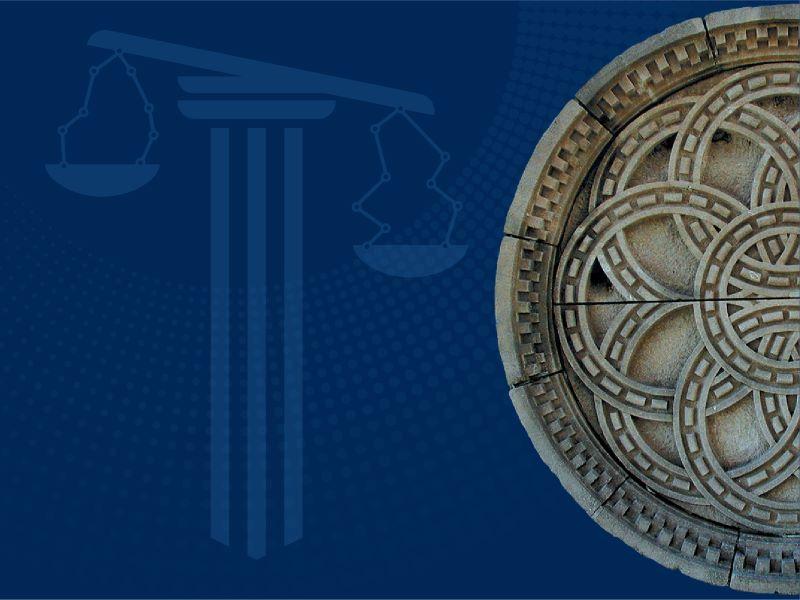Center for Law & the Economy Workshop: Shu-Yi Oei (Duke)
"Global Tax Decluttering" (with Diane Ring)
David T. Zhang Distinguished Professor of Law at Duke University
More Information
The Murphy Institute's Center on Law and the Economy hosts workshops each semester featuring both Tulane and guest faculty in law, economics, and political science who present their latest research in regulation, civil rights, the criminal legal system, and other key issues in law and the economy. Hosted by Adam Feibelman, Director of the Center on Law and the Economy and Sumter D. Marks Professor of Law at Tulane Law School, CLE workshops are open to faculty, students, and the Tulane community.
Shu-Yi Oei teaches and writes in the areas of tax policy and economic regulation. Her recent research has focused on international taxation, particularly on empirical analysis of global tax developments and on international tax enforcement, global tax justice, and tax treaties. Oei has also written extensively on technology, transparency, data and information, regulation of the gig economy, human capital investment, and social insurance.
Oei has served as the U.S. National Reporter to the European Association of Tax Law Professors and the International Academy of Comparative Law General Congress, and was Chair of the American Association of Law Schools Tax Section in 2018. She is an elected fellow of the American College of Tax Counsel, and is licensed to practice in Massachusetts.
Prior to joining Duke Law School in 2023, Oei taught at Boston College Law School and Tulane Law School. While at Tulane, she received the 2014 Felix Frankfurter Distinguished Teaching award, Tulane Law School’s highest teaching honor. Prior to entering academia, Oei practiced tax law in Boston, Massachusetts, advising clients on federal, state and cross-border tax matters, transactional tax planning, and tax controversies.
Abstract:
Major global players—most prominently the OECD and European Union—have recently begun advocating that countries “declutter” their tax systems to tidy up, repeal, or eliminate pre-existing domestic anti-abuse tax rules. The reasoning is that these country-level rules are now duplicative or burdensome in light of a new global tax agreement spearheaded by the OECD and G20 and multilaterally agreed upon in 2021 by over 140 countries. Yet, this new multilateral regime is still in the process of being rolled out and is entirely untested.
In this article, we examine this recently emergent “tax decluttering movement” and present an analytical framework for understanding it. We show how the recent push for tax decluttering belies a convergence of interests among several powerful actors (international organizations, certain countries and regional blocs, and businesses interests). We argue that tax decluttering holds important political economy implications, including implications for the allocation of tax lawmaking power between the transnational and national levels; for the allocation of power between competing international organizations in global tax policymaking; for competition among countries looking to attract business and investment by reducing tax burdens; and for geopolitical contests among competing blocs and country groups. We ultimately argue that tax decluttering should be done with great caution, in light of its significant risks, and we provide specific suggestions for how legislatures should approach decluttering.

